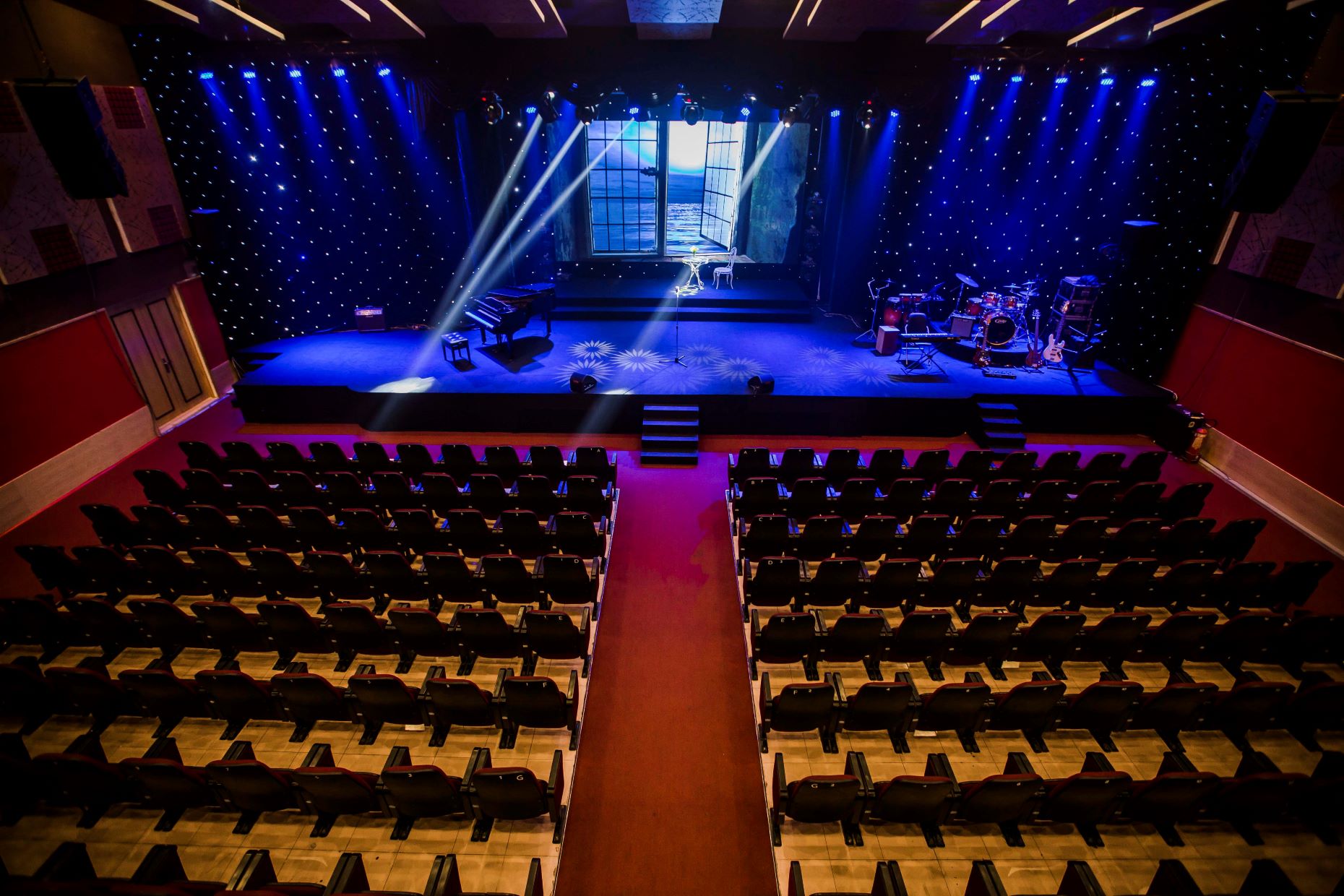
The world of theatre has undergone significant changes in the 21st century, as technology, globalization, and shifting cultural landscapes have influenced both the creation and consumption of theatrical performances. From innovative stage designs to the emergence of new genres and styles, modern theatre has evolved to reflect the dynamic nature of our contemporary society. In this article, we will explore 10 fascinating facts about 21st century theatre, shedding light on the exciting developments and trends that shape the theatrical landscape today. Whether you are a theatre enthusiast or simply interested in understanding how this ancient art form has adapted to the modern era, join us as we delve into the world of 21st century theatre.
Key Takeaways:
- Hamilton” and “The Lion King” are 21st century theatre blockbusters, showcasing diverse storytelling and record-breaking success, while immersive experiences and digital advancements redefine the theatrical landscape.
- The 21st century theatre scene embraces diversity, social activism, and classic revivals, with Broadway and the West End maintaining their global influence as the epicenters of theatrical innovation and prestige.
Broadway musical “Hamilton” became a cultural phenomenon.
With its unique blend of history, hip-hop, and diverse casting, “Hamilton” took the theatre world by storm, earning critical acclaim and widespread popularity.
“The Lion King” is the highest-grossing Broadway production of all time.
Since its premiere in 1997, this beloved Disney musical has captivated audiences worldwide, grossing over $9 billion and counting.
The rise of immersive theatre experiences.
In recent years, there has been a growing trend of immersive theatre, where the audience becomes an active participant in the story, blurring the lines between reality and performance.
“Harry Potter and the Cursed Child” became a record-breaking hit.
Based on J.K. Rowling’s beloved series, this two-part play became the most awarded production in the history of the Olivier Awards.
The emergence of digital theatre.
Advancements in technology have opened up new possibilities for theatre, with live-streamed performances, virtual reality experiences, and interactive online platforms becoming more prevalent.
“Hamilton” sparked a renewed interest in historical-themed musicals.
Following the success of “Hamilton,” there has been a surge in musicals that explore historical events and figures, infusing them with contemporary music and storytelling techniques.
Diversity and inclusivity in casting.
The 21st century has seen significant strides towards more diverse and inclusive casting in theatre, with productions actively seeking representation from marginalized communities.
The revival of classic plays and musicals.
While new and innovative productions continue to thrive, there has also been a resurgence of revivals of timeless classics, bringing beloved stories back to the stage for a new generation.
Theatre and social activism.
Theatre has become a platform for addressing social issues and raising awareness, with productions tackling topics such as racism, LGBTQ+ rights, and gender inequality.
The West End and Broadway remain the epicenters of theatre.
Despite the rise of regional and international theatre scenes, the West End in London and Broadway in New York City continue to hold their status as the most prestigious and influential theatre districts in the world.
Conclusion
In conclusion, the 21st century has brought significant advancements and changes to the realm of theatre. From the emergence of immersive and interactive experiences to the utilization of cutting-edge technology, the theatre industry has evolved to meet the demands of a modern audience. The incorporation of digital elements, such as projections, virtual reality, and live-streaming, has opened up new possibilities for storytelling and audience engagement.Furthermore, the rise of diverse voices and the exploration of social issues have taken center stage in contemporary theatre. The 21st century has seen a shift towards more inclusive narratives, exploring topics such as gender, race, sexuality, and socio-political issues, reflecting the diverse makeup of our society.As we move further into the 21st century, it is clear that theatre will continue to adapt and evolve. With innovations in technology and a growing emphasis on inclusivity, theatre will remain a powerful and dynamic art form, captivating audiences for generations to come.
FAQs
1. How has technology influenced 21st century theatre?
Technology has revolutionized 21st century theatre by introducing immersive experiences, incorporating digital elements, and enhancing storytelling through projections, virtual reality, and live-streaming.
2. What are some examples of immersive theatre experiences?
Examples of immersive theatre experiences include site-specific productions, interactive performances, and productions that blur the boundaries between performers and audience members.
3. Has diversity and inclusivity been a focus in 21st century theatre?
Yes, there has been a significant focus on diversity and inclusivity in 21st century theatre. Theatre has become a platform for exploring and highlighting diverse voices, experiences, and social issues.
4. How has theatre evolved to reflect societal changes?
Theatre has evolved by addressing contemporary social issues such as gender, race, sexuality, and socio-political matters. Artists are using theatre as a means to provoke dialogue and bring awareness to important societal changes.
5. What role does engagement play in 21st century theatre?
Engagement is crucial in 21st century theatre, as artists strive to create experiences that go beyond passive observation. The audience is encouraged to actively participate, interact, and engage with the production.
Was this page helpful?
Our commitment to delivering trustworthy and engaging content is at the heart of what we do. Each fact on our site is contributed by real users like you, bringing a wealth of diverse insights and information. To ensure the highest standards of accuracy and reliability, our dedicated editors meticulously review each submission. This process guarantees that the facts we share are not only fascinating but also credible. Trust in our commitment to quality and authenticity as you explore and learn with us.
